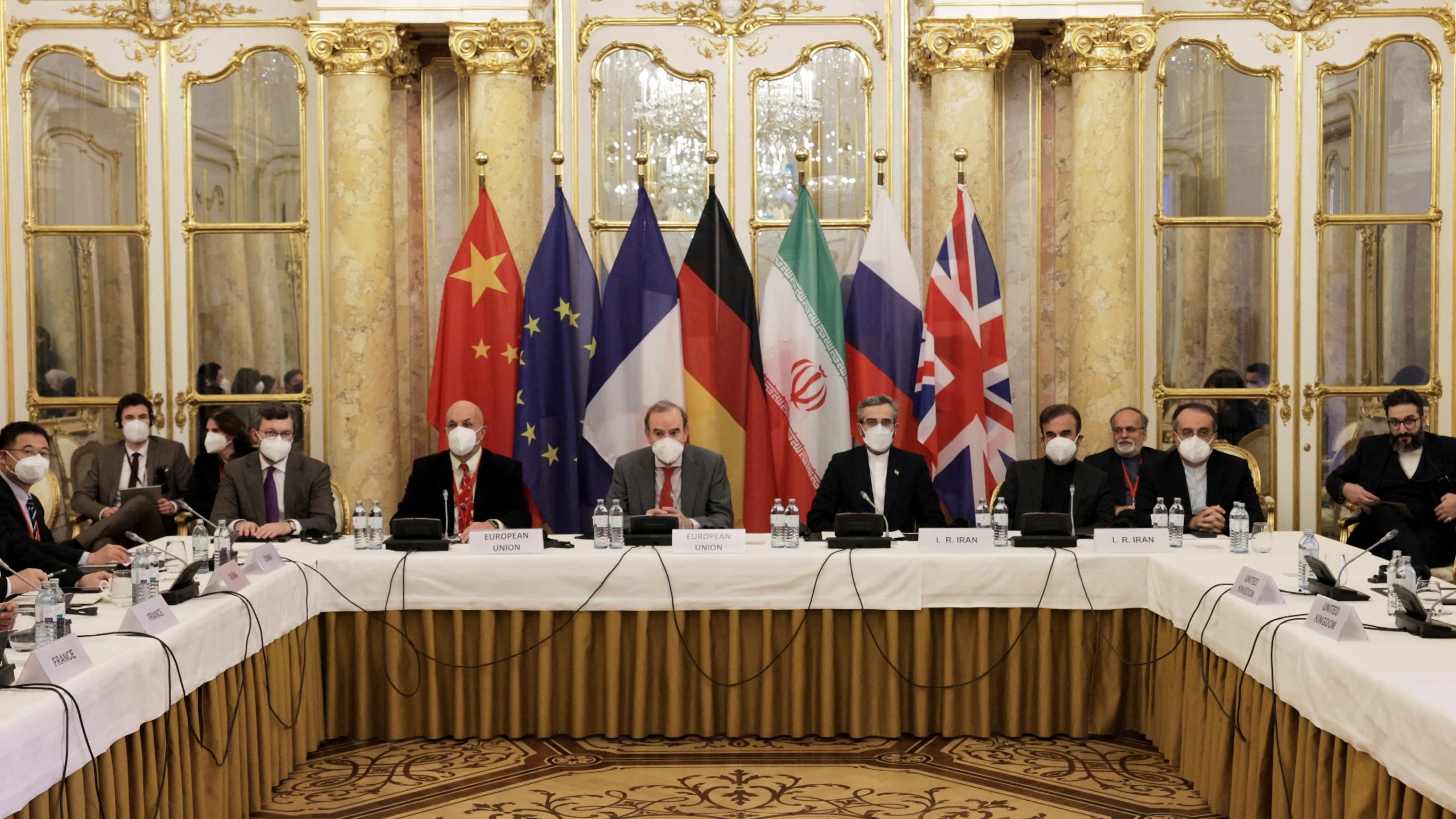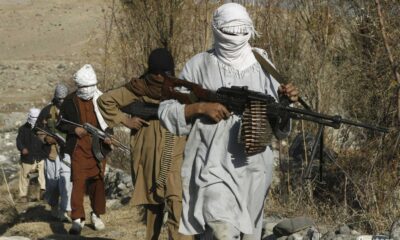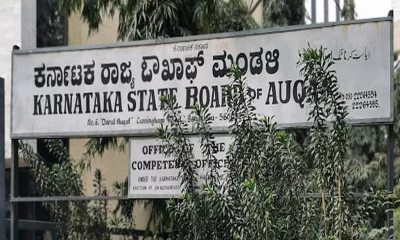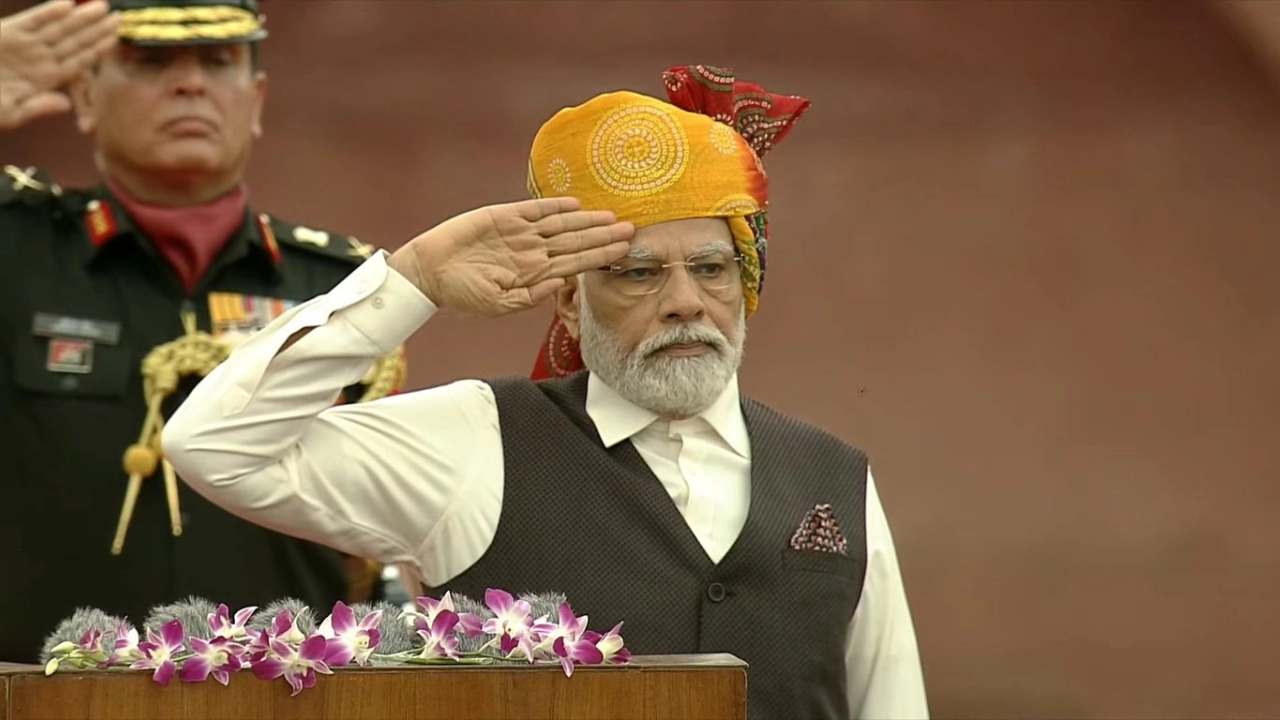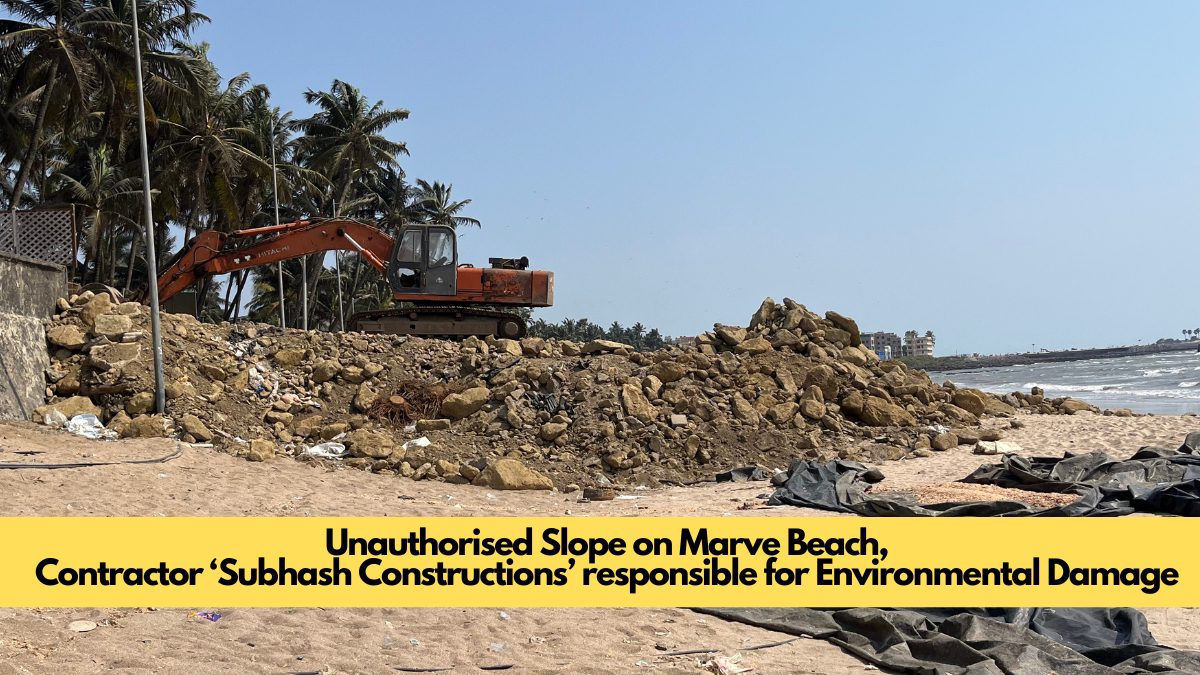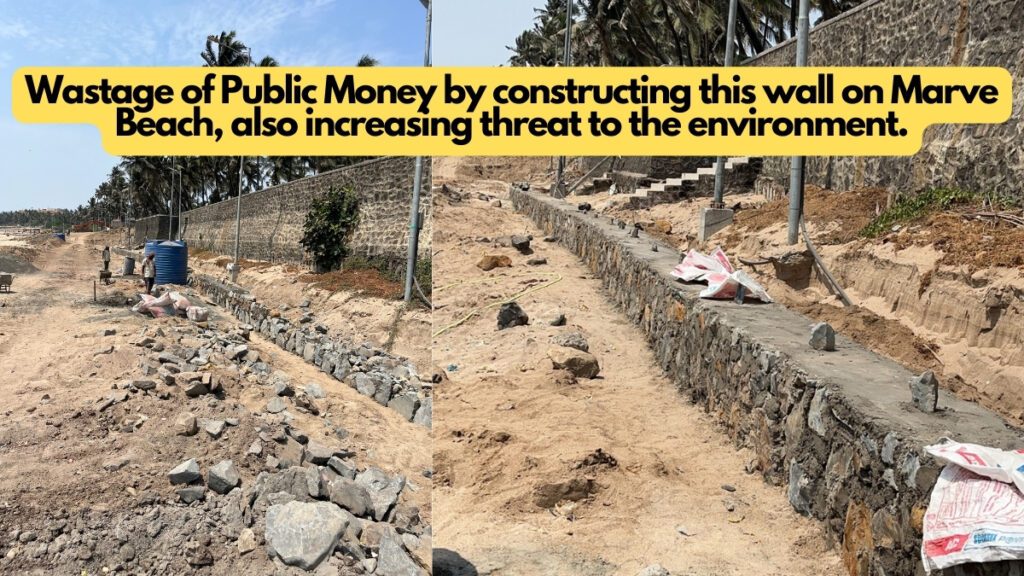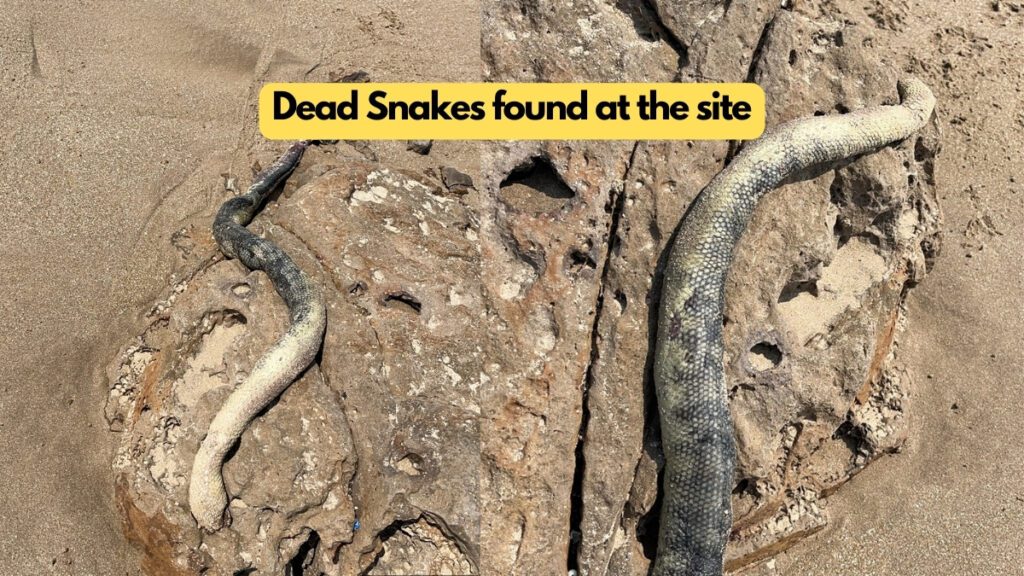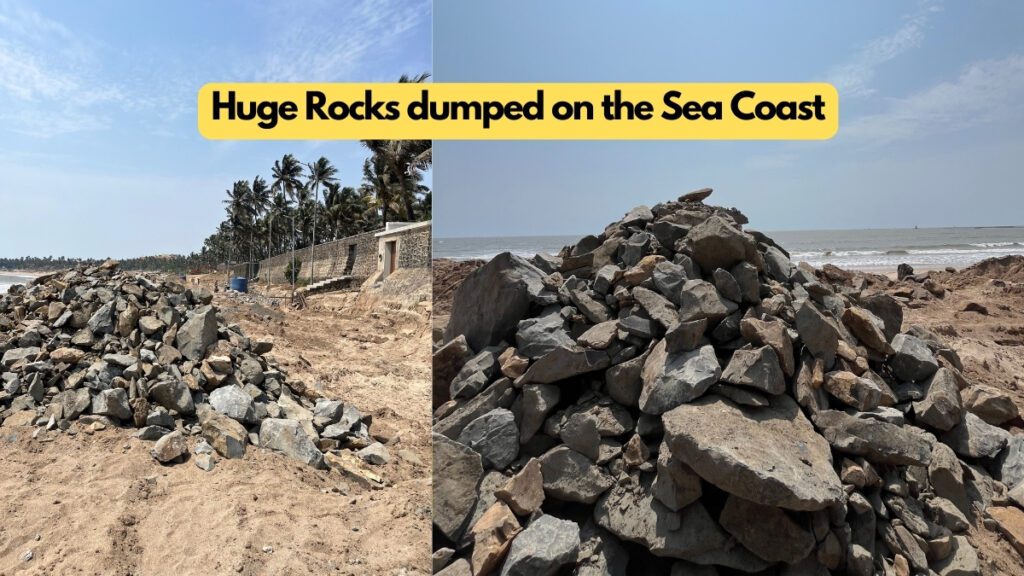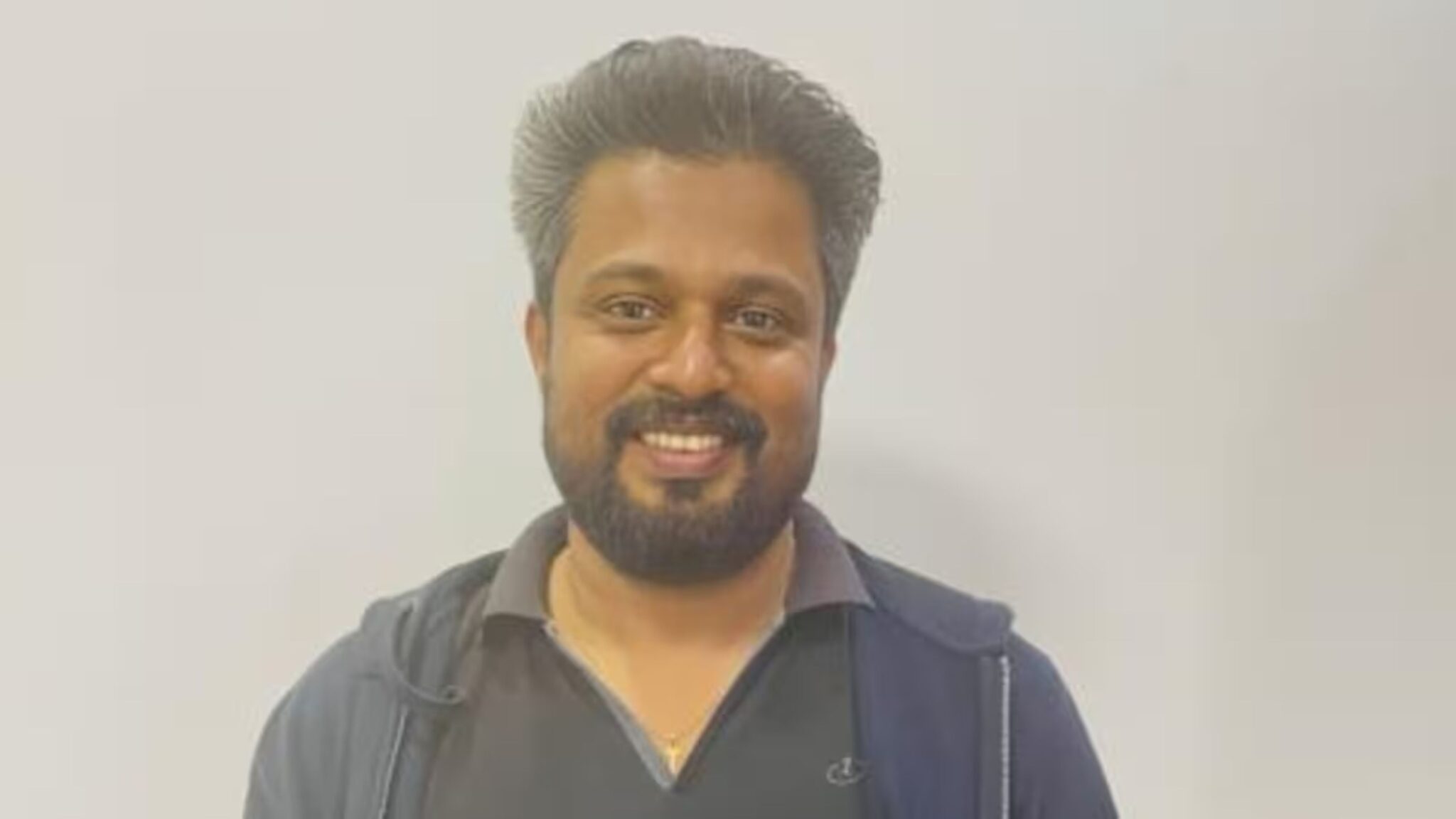Kushagra Bansal – Mumbai Uncensored, 14th March 2022
The nuclear deal between Iran and the world powers have been in talks since 2015 when the Obama administration’s JCPOA. Since then, a lot of tension has occurred causing the deal to not take place.
Recently, the deal was on the brink to be finalized after 7 years of negotiations when Russia, one of the parties in the deal, threaten to derail the deal for lifting the sanctions put up on them by the western alliance including the U.S. and U.K.
Moscow has demanded assurances from U.S. that the sanctions put up by them will not affect Russia’s trade and military support with Iran. Tehran mentioned in their statement that they won’t allow “foreign elements” to botch the deal, without naming Russia.
Experts speculate Russia might add more demands as the time passes and complicate the conditions for the deal which might cause it to collapse. If that happens, Iran might advance their nuclear activities which will cause Western countries to tighten sanctions on it. According to observers, Iran and world powers may exclude Russia from the talks, though it’s uncertain whether Tehran would be ready to risk compromising its partner, Russia.
However, a senior Western official familiar with the situation told POLITICO that Russia’s requests were impossible to meet because the Vienna talks were about getting Iran and the US back into compliance with the 2015 agreement, not about imposing sanctions on Moscow.
Since April 2021, Iran and foreign countries have been holding talks in Vienna, with the US participating indirectly. In 2018, then-US President Donald Trump pulled out of the agreement. Tehran retaliated by steadily breaching the nuclear-activity limits imposed by the deal. President Joe Biden of the United States has stated that if Iran returns to full compliance, he is willing to rejoin the accord.
On March 5, 2022, Russian Foreign Minister Sergei Lavrov stated that Moscow needed formal assurances that US sanctions “would not in any way impair our right to free, fully fledged trade, economic, and investment cooperation, as well as military-technical collaboration with Iran.” Mikhail Ulyanov, Russia’s main negotiator, outlined Moscow’s demands to Enrique Mora, the senior EU official in charge of coordinating and mediating the negotiations, on Tuesday. Many had anticipated for a straightforward request for sanction waivers to allow Russia to fulfil its role in executing a restored nuclear deal, which negotiators claim they have already been able to incorporate into the draft agreement.



 Health2 days ago
Health2 days ago


 Special Editions2 days ago
Special Editions2 days ago


 Special Editions1 day ago
Special Editions1 day ago


 Special Editions3 months ago
Special Editions3 months ago


 Special Editions2 days ago
Special Editions2 days ago
